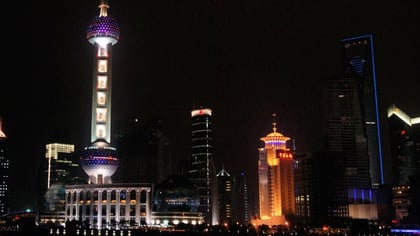Emerging markets look more vulnerable than initially thought as the drumbeat of a global trade war crescendos, according to some of the world’s largest money managers.Goldman Sachs Group Inc. said it’s reducing an overweight position in developing-nation currencies, preferring a more “defensive” stance as China and Europe warned the escalating trade war could trigger a global recession. Citigroup Inc. cautioned that investment flows into emerging-market assets will subside, while Morgan Stanley lowered its recommendation toward the asset class, citing the risk of a stronger U.S. dollar and ballooning trade threats.
Investors are increasingly paying heed as the U.S. digs in. After a flurry of tit-for-tat tariffs, Washington is mulling a new front by potentially ratcheting up scrutiny of Chinese investments, according to people familiar with the plans. Outflows from U.S.-listed emerging market exchange-traded funds that invest across developing nations, as well as those targeting specific countries, hit $3.38 billion last week, the most in more than a year.
The implications are familiar.
“A significant slowdown in trade would materially deteriorate the global growth outlook with repercussions for risky assets,” Elia Lattuga, a cross-asset strategist at UniCredit Bank, said in a note dated June 22. Emerging markets would be “especially exposed,” he said.
(Related: Emerging Markets: More Downside to Come)
While there’s no clear resolution to the fiery trade rhetoric, some money managers are taking a more optimistic medium-term outlook. UBS Global Wealth Management, which reduced its weighting on emerging-market equities to neutral, said trade risks should wane in coming months and help support a double-digit rally in the asset class.
There’s limited downside risk to “already very cheap” developing-nation currencies as any nasty surprises from Donald Trump would only prompt a “temporary and very bitter-sweet sugar high for the greenback,” according to Ashmore Group Plc.
Getting Defensive








 June 25, 2018 at 06:05 PM
June 25, 2018 at 06:05 PM












 Copyright © 2024 ALM Global, LLC. All Rights Reserved.
Copyright © 2024 ALM Global, LLC. All Rights Reserved.